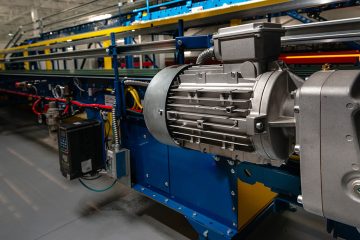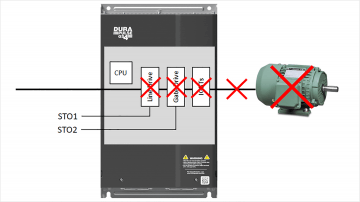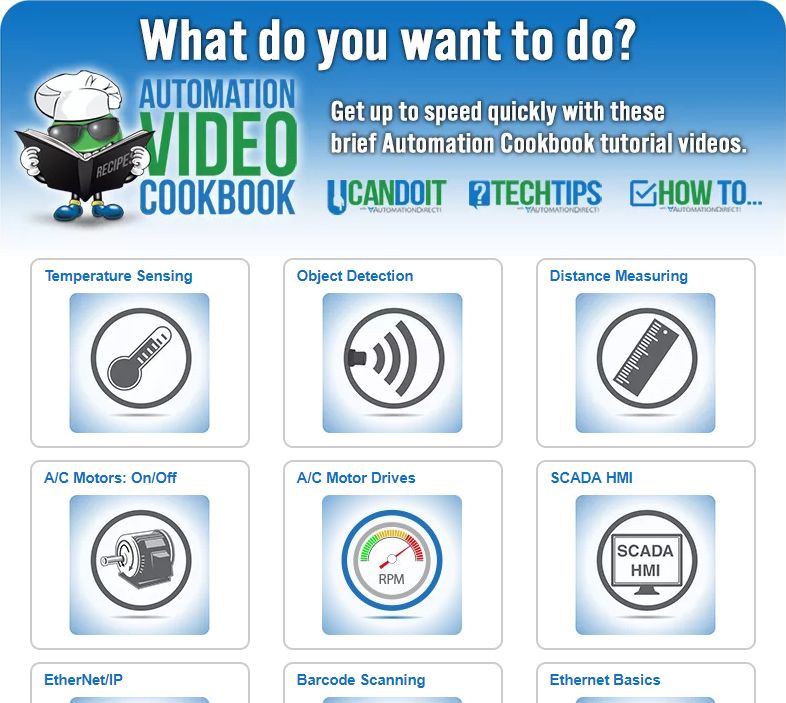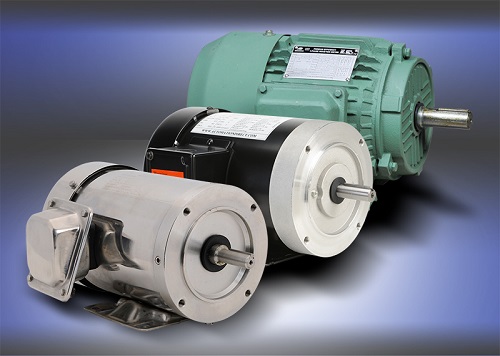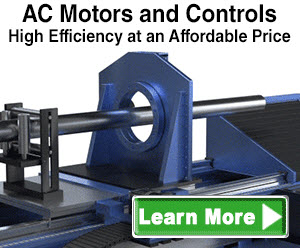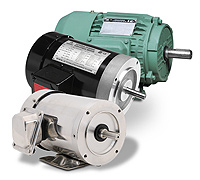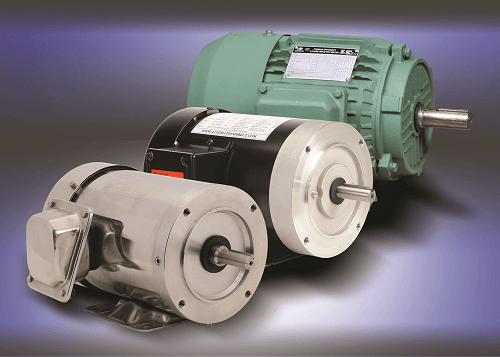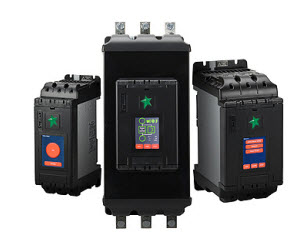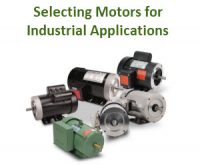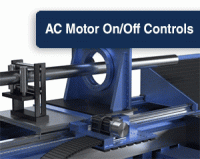Because AC motors are essential workhorses for industry, designers need to understand their applications to make detailed selections, such as single-phase or three-phase styles. Electric motors are a fundamental force for creating powered motion in any type of equipment. Initially developed in the 1800’s and refined significantly over the years, electric motors are now available…
The safe torque off function built-in to modern VFDs significantly improves the integration of emergency stops. Kevin Kakascik, Technical Marketing Engineer with AutomationDirect, wrote an article for the May-June 2021 issue of Industrial Equipment News. The article, titled Motor Drive Safe Torque Off Improves Equipment Safety, explains the capability and how to use it. Here’s…
Have you seen the latest Automation Video Cookbook Chapter? There are over 40 videos showing you step by step how to use all the amazing features of the GS4 Variable Frequency Drive and more being added all the time! Want a quick start with the bare minimum info you need to get up and running…
Most automatic controls involve AC motor control in some way, especially in factory automation. Applications such as pumps, fans, robotics, and conveyors use motors. Whether general-purpose 3-phase ac motors, which are great for simple on/off systems, or the inverter-duty motors specifically designed for operation with variable frequency drives (VFDs), one could say that motors are ubiquitous…
It may be tempting to size a variable frequency drive (VFD) based on horsepower alone. Did you know there are six other factors you should take into consideration to ensure that you specify the correct AC drive for your application? Six Factors to Consider When Choosing a VFD: Full Load Amperage Overload Application Type Altitude…
General purpose motors have been around for many years. They are the workhorse of almost every industry. An inverter-duty motor is a much newer concept that became necessary as motors began to be driven by VFDs (inverters or AC drives). An inverter duty motor can withstand the higher voltage spikes produced by all VFDs (amplified…
AC motors are electric motors driven by alternating current (AC). AC motors are widely used in industry, primarily due to their high efficiency, and their ability to produce constant torque up to the rated speed. AC Motor Types The two most widely used types of AC motors are induction motors and synchronous motors. How AC…
What may seem to be a simple task of selecting a soft starter for your motor may be a more demanding task than first meets the eye. “I just need to know the HP and Voltage to pick the correct one, isn’t that right?”
+Tech TopicsAC Motors and ControlsLearning ResourcesMotion ControlMotorsOnline OnlyProductVariable Speed Drives
Selecting Motors for Industrial Applications
Efficient use of motors is always important, but there are many other things to consider when specifying an electric motor. Mechanical and environmental considerations are on the list, as is the application and operation. All of these factors are important, but the application is where the selection process should start. How to Select a Motor…
Most control systems have to make things move, and that usually involves motors. Lifting, pumping, robotics, conveyors, fans – pretty much everything uses a motor of some kind. General purpose one- or three-phase AC motors are great for simple on/off systems; Inverter-duty motors are specifically designed for operation with variable frequency drives or VFDs. General…


